
Feminist talk
What you need to know about censorship in China around COVID-19
The pandemic has amplified our need for a safe and secure internet, but can we have one now without surveillance and censorship. Read here to know what happened at the original epicentre of the COVID-19 virus and what measures of internet censorship were deemed necessary by the Chinese government to bring the pandemic under control.
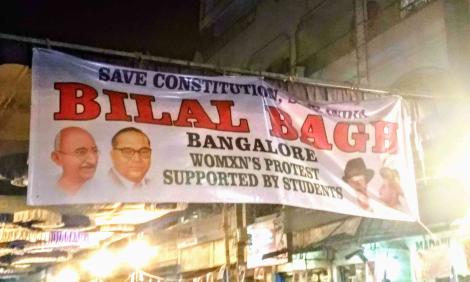
Feminist talk
The story of protests in Bilal Bagh and how it is NOT shutdown by COVID-19
In India protests against the discriminatory and unilateral law to determine citizenship have been going on since December of 2019. The protests across India against the current authoritarian government were growing in power, in spite of the enormous pressure they came under, the attacks and arrests of leaders and now from the spread of COVID-19 and lockdowns.
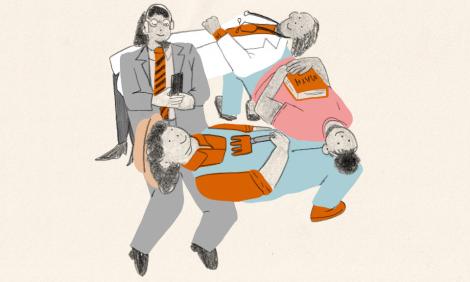
Infrastructures of resistance: Community networks hacking the global crisis
Community networks proved that an infrastructure is only as robust as the more caring of its communal nodes. In this second year of living in times of unequal global health crisis, we are glad to present this special edition of GenderIT.org: Infrastructures of resistance: Community networks hacking the global crisis and to share with our readers how intersectional approaches in CNs…
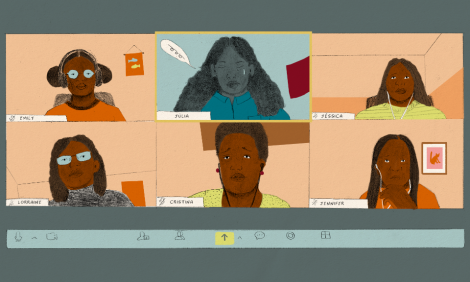
In depth
Connectivity hacking the pandemic, enabling digital inclusion and unlocking treasure in rural areas
Miami Chirilele writes about how Murambinda Works, a community network in North Buhera, Zimbabwe, has been able to connect 108,000 people, and is hacking the crisis bottom-up.

In depth
r/chickflixxx: feminist (de)construction of online porn
How does porn take shape based on the audience's perspective and the practice of sharing and commenting on available online content? This article, based on a digital ethnographic analysis of a Reddit community, explores what feminist porn means on the internet.

Feminist talk
The identity predicament: a story about statelessness and the fight for denied rights
The system of integrated biometric database in Kenya, Huduma Namba, exposes multilayered challenges of statelessness, loss of basic human rights and availing government services. Through conversations with Mariam, a Nubian woman, we learn about the tedious and extremely long waiting period to obtain an ID card, without which people from ethnic minorities are not counted as citizens, and are…
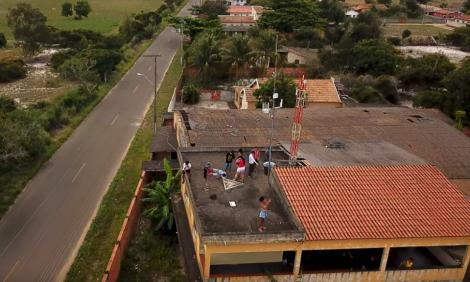
Feminist talk
The contribution of bell hooks and Paulo Freire to the construction of community networks
In this article, Daiane Araujo discuss the link between popular education and community networks, and argues that class, race and gender should be part of the analysis in the implementation of autonomous infrastructure and technical training dedicated to digitally excluded communities.
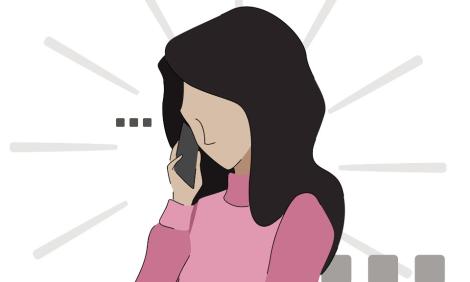
In depth
How helpful are helpline numbers?
COVID-19 pandemic has led to a spike in gender-based violence in India. Helpline numbers and digital tools have been used to reach out to survivors, given the absence of physical services. But those women who cannot use phones, email or social media are most likely to be entirely excluded from these systems.
This piece was written as a part of a CIS project.
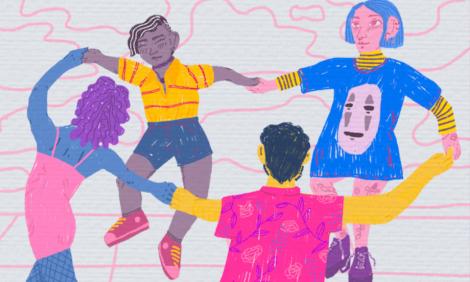
Feminist talk
Using the internet during a pandemic: Is it a choice?
During the lockdown in India, the circumstances of marginalised population groups, including gender and sexual minorities (GSM), has worsened. Community and peer support has been critical, but in many cases it depends on phone and/or internet connectivity. The author wonders if informed choices regarding internet usage is possible in this context.
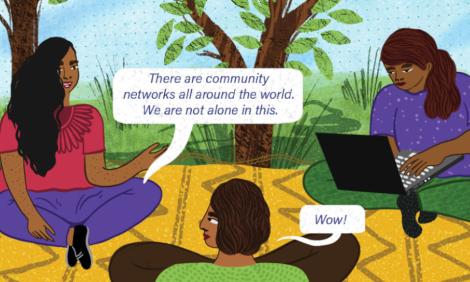
Feminist talk
Networks Woven with Care
Once upon a time, not long ago, in a village in southeast Brazil, women came together to exchange information and learn collectively about the influence of technology on their lives and on the spirit of the community. In the process, they learned something of great value.




